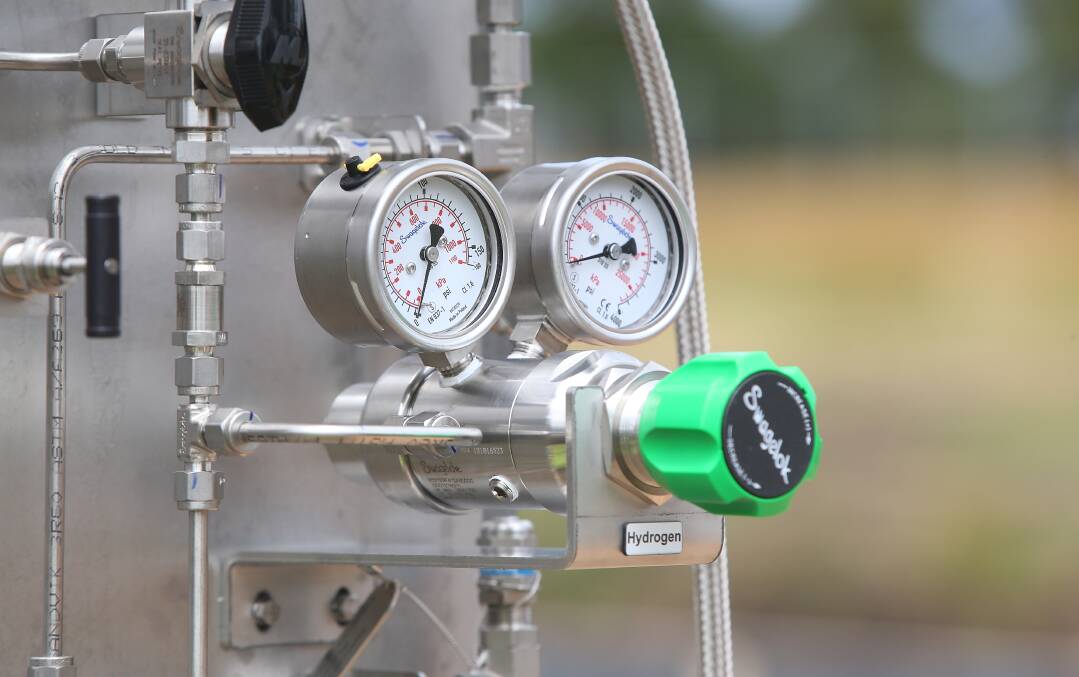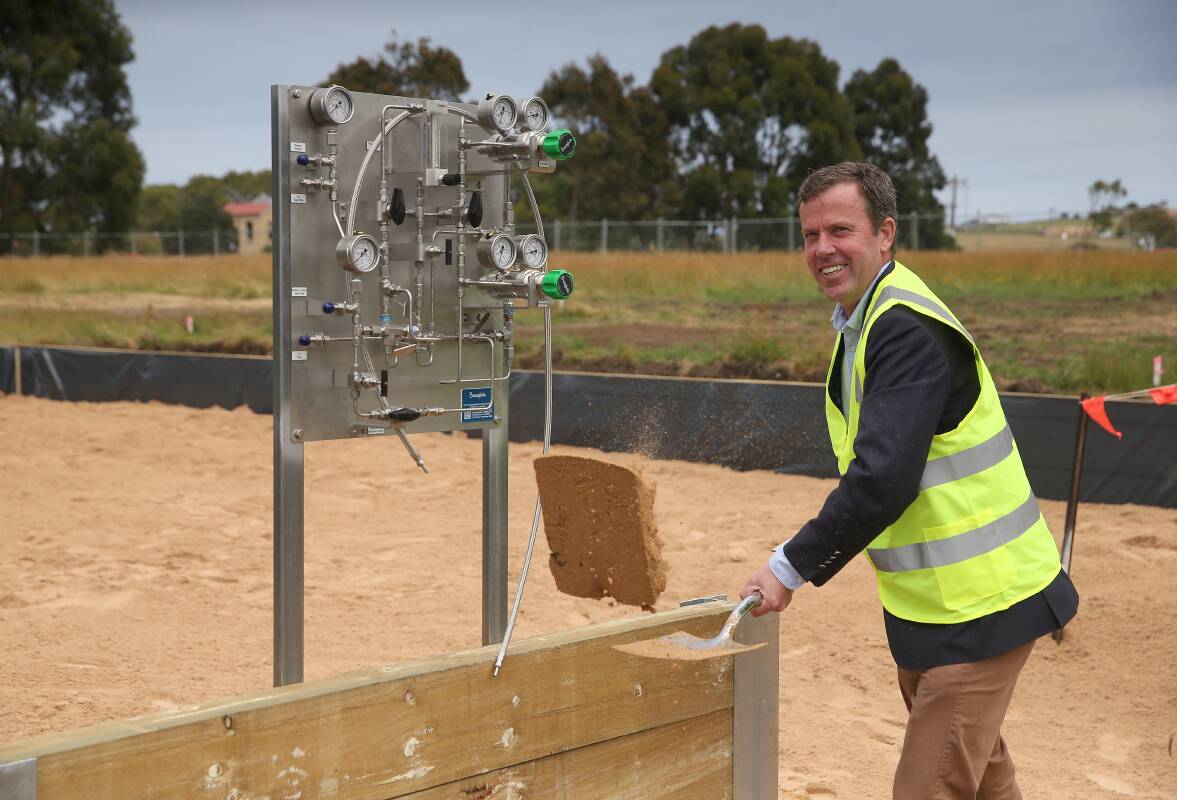
ACCORDING to the hype the "hydrogen economy" will replace methane and other hydrocarbon gases in the same way that the old incandescent lightbulb was overtaken by neon tubes and LEDs.
Hydrogen sounds great in theory. Its practical application, however - especially at the truly massive scale needed to power an increasingly electricity-dependent world - is something else entirely.
The Newcastle Herald supports the growth of renewables technology. But we continue to point out the storage challenges that need to be solved before a no-to-low emissions grid can deliver around the clock (to industry, especially), regardless of the weather.
Hydrogen does not occur naturally.
It takes more energy to split water into hydrogen and oxygen than the resultant hydrogen provides.
But if produced with renewables, such 'green' hydrogen would be, essentially, emissions-free.
Hence its attraction.
With abundant land and sunshine, Australia is a logical place to generate hydrogen; hence the interest from Singapore, as confirmed today by Hunter Defence Task Force chair Tim Owen out of this week's trade visit.
Hopes are high, too, that hydrogen could improve the environmental credentials of gas-fired turbines, including the still-controversial Kurri Kurri plant initiated by the Morrison government.
Although some ALP power-brokers are opposed, the Albanese government has confirmed its commitment to the Snowy Hydro project, even if it is still kicking the tyres to see what it has inherited.
In today's front-page story, Snow Hydro CEO Paul Broad warns that the economics of hydrogen "are a long way from working".
Even former chief scientist Alan Finkel - an adviser to Canberra on low-emissions technology - describes the transition as "challenging", especially when it comes to the above-mentioned energy storage.
The storage question is just one reason why Minerals Council chief executive Stephen Galilee says he cannot see the state's biggest power station, Eraring, closing, as announced, in as little as three years' time.
While Galilee says a renewable grid needs to produce two to three times our average consumption to maintain intermittent supply, the NSW government still points to the 700-megawatt Waratah Super Battery as a replacement for the 2292-megwatt Eraring.
The clock is well and truly ticking.
ISSUE: 39,935
RELATED READING: Stephen Galilee Q&A with Ian Kirkwood








